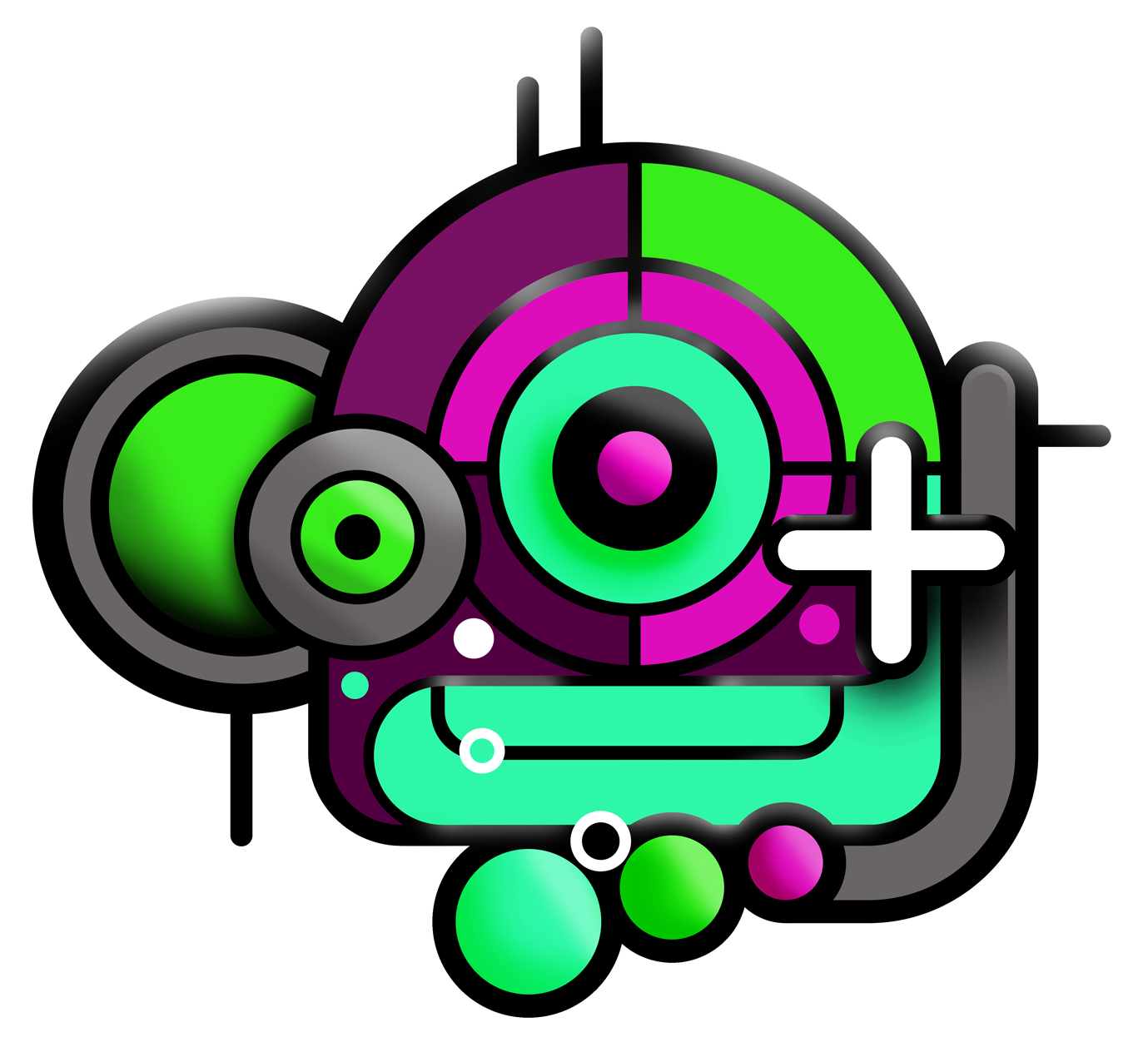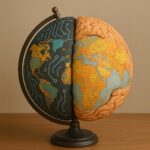The marketing landscape has always been shaped by technological advancements. From the rise of radio ads to the explosion of social media, marketers have consistently adapted to reach their audiences through new mediums. However, no technological development has disrupted the marketing world as significantly as artificial intelligence (AI). AI is not just a tool; it’s an entirely new paradigm, fundamentally reshaping how marketers understand their audiences, create campaigns, and deliver messages. For better or worse, AI has changed the game, and there’s no going back.
1. The Power of Predictive Analytics: Knowing Customers Before They Know Themselves
One of the most profound ways AI has transformed marketing is through predictive analytics. Traditional marketing was often a mix of intuition, research, and guesswork. Marketers used historical data to inform decisions, but predicting future customer behaviour was always a gamble.
AI has revolutionised this process. By processing vast amounts of data in real-time, machine learning algorithms can predict consumer behaviour with astonishing accuracy. These systems analyse purchasing patterns, browsing habits, and even subtle social cues to forecast what customers are likely to want or need next. It’s no longer about following trends—it’s about anticipating them.
For marketers, this is an unparalleled opportunity. Predictive AI tools can identify which products are likely to gain traction in different markets, enabling brands to tailor their offerings with pinpoint precision. However, this also raises ethical questions. Is it right to know so much about customers before they even know it themselves? Can predictive marketing cross a line, potentially manipulating consumers’ choices?
2. Hyper-Personalisation: The End of Mass Marketing
Mass marketing as we once knew it is quickly becoming obsolete. AI has ushered in an era of hyper-personalisation, where consumers no longer receive generic ads but highly targeted and relevant content. From Netflix’s personalised show recommendations to Amazon’s suggested products, AI-driven algorithms are creating unique experiences for each user based on their individual preferences and behaviours.
In this AI-powered world, brands can communicate with their customers on a one-to-one level at scale. Emails, advertisements, and even website content are personalised to reflect the interests and needs of each consumer. This not only boosts engagement but also improves conversion rates as consumers feel understood and valued.
Yet, the personalisation game is not without controversy. Consumers are increasingly aware of the extent to which their data is being used. Concerns about privacy, data security, and consent are growing. As marketing becomes more tailored and invasive, brands must tread carefully to maintain trust. AI can enhance customer relationships, but when mishandled, it can erode them just as quickly.
3. Automation: Efficiency at a Cost?
AI-powered automation is another game-changer for the marketing industry. Repetitive tasks such as scheduling social media posts, managing email campaigns, and even creating content can now be handled by AI systems. This has enabled marketers to focus on strategy and creativity rather than getting bogged down by administrative tasks.
Chatbots, for example, are increasingly handling customer service and lead generation. With advancements in natural language processing, these AI-driven bots can answer customer queries in real-time, simulate human-like conversations, and provide 24/7 support. This level of automation not only reduces costs but also enhances the customer experience.
However, there’s a flip side. As AI takes over more functions, what happens to the human touch? The emotional intelligence and creativity that humans bring to the table can never be fully replicated by machines. While AI can efficiently manage tasks, it cannot replace the depth of empathy and innovation that drives the most memorable marketing campaigns. The question, then, is not whether we can automate everything, but whether we should.
4. The Democratisation of Creativity: AI-Generated Content
A perhaps less anticipated but equally impactful shift in marketing is AI’s role in content creation. AI tools like GPT-4 (the very technology behind this article) are now capable of generating written content, designing ads, and even producing music or videos. For small businesses with limited budgets, this offers an unprecedented opportunity to create high-quality content without needing a large creative team.
The possibilities are exciting, but this democratisation of creativity also comes with concerns. As AI-generated content becomes more prevalent, the line between human-made and machine-made creations begins to blur. Will consumers care if their favourite ad was written by an AI rather than a person? Perhaps not. But for creatives, this raises existential questions about the future of their craft.
The key will be in striking a balance: using AI to enhance human creativity, not replace it. While machines may be able to generate content faster and more efficiently, the human mind will always be the birthplace of truly innovative and emotionally resonant ideas.
5. AI Ethics: The Elephant in the Room
AI’s growing role in marketing comes with a heavy ethical responsibility. The vast amounts of data needed to power AI systems raise questions about consent, privacy, and fairness. Algorithms can inadvertently perpetuate biases, leading to exclusionary practices that harm certain groups of consumers.
Moreover, AI’s ability to hyper-personalise experiences based on behavioural data could border on manipulation. There’s a fine line between understanding consumer needs and exploiting their vulnerabilities. For marketing to remain ethical, transparency and consumer consent must be non-negotiable pillars.
Marketing’s Brave New World
Whether we like it or not, AI has forever altered the marketing landscape. It’s revolutionised predictive analytics, made hyper-personalisation the new norm, automated repetitive tasks, and opened up new frontiers in content creation. Yet, this brave new world also comes with significant challenges. Brands must navigate the delicate balance between using AI to enhance customer experiences and maintaining ethical standards that respect privacy, creativity, and human values.
Ultimately, marketing will never be the same again. But with the right approach, this AI-driven transformation has the potential to create a future where marketing is not only more effective but also more human-centric. The choice is ours to make.
Marketing’s Brave New World
Whether we like it or not, AI has forever altered the marketing landscape. It’s revolutionised predictive analytics, made hyper-personalisation the new norm, automated repetitive tasks, and opened up new frontiers in content creation. Yet, this brave new world also comes with significant challenges. Brands must navigate the delicate balance between using AI to enhance customer experiences and maintaining ethical standards that respect privacy, creativity, and human values.
Ultimately, marketing will never be the same again. But with the right approach, this AI-driven transformation has the potential to create a future where marketing is not only more effective but also more human-centric. The choice is ours to make.
Need a marketing agency? One that harnesses the power of AI for efficiency and results? And, most importantly, one driven by people who care about other people, the planet, and society?
At Humaine, we blend AI with human expertise to deliver smarter, faster, and more impactful outcomes—because the future of business isn’t just about profit; it’s about purpose.
Extraordinary together.







